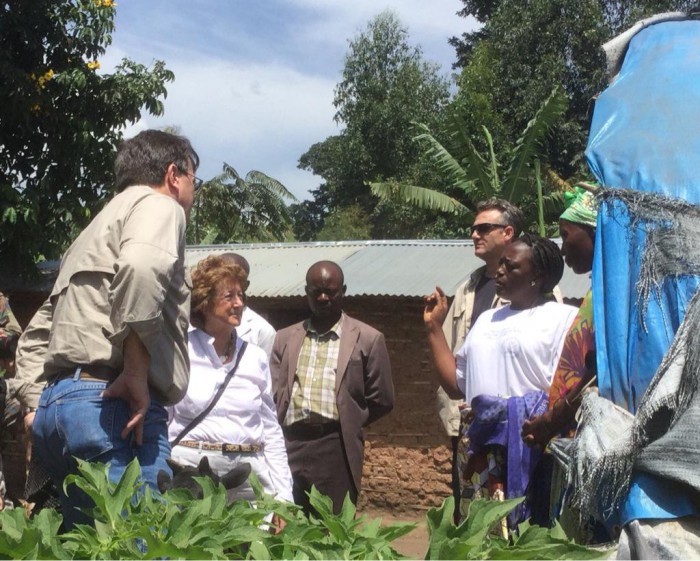
On 13 October there will be a High Level Review at the United Nations to commemorate 15 years since the adoption of UN Security Council Resolution 1325. This was a ground breaking resolution that recognised not only the inordinate impact of war on women and girls, but also the pivotal role women should and do play in conflict management, conflict resolution and building sustainable peace.
Groundbreaking but, as too often, not yet fully implemented. Despite clear evidence of the links between women’s participation and the success and sustainability of a peace process, only 8% of participants in peace negotiations have been women. Incredibly, of 585 peace agreements signed between 1990 and 2010, only 16% made any reference to women at all.
This is clearly not only unacceptable, but seriously flawed. We know that all forms of gender-based violence, including inter-personal violence, increase during conflict. The examples of South Sudan, of the Democratic Republic of Congo or of Syria, to name just three conflicts of our times, have shown this clearly. Not only that, but over one fifth of women who are displaced by a conflict or an emergency experience sexual violence in addition to the trauma of being uprooted from their homes and families.
We are hoping that the High Level Review will provide an opportunity to change this. One of the milestones it will certainly point to will be the first ever World Humanitarian Summit, due to take place in Ankara in 2016, in which the UK and the Holy See will participate.
These major events are essential for global awareness raising. But they cannot replace the hard graft on the ground. As the British Embassy to the Holy See, we have been looking at how global Catholic networks – such as the networks of women religious across Africa – might contribute to ways of strengthening peace and improving women’s security at local level. Baroness Anelay, Foreign Office Minister and the Prime Minister’s Special Representative on Preventing Sexual Violence in Conflict, has just recently been visiting the Democratic Republic of Congo to see for herself how local actors with UK funding are making a real difference in helping women and girls respond to the challenge of sexual violence and receive justice.
All to often, it is men who are ready to go to war. Ensuring that women are part of the peace will improve our chances of making sure it lasts.
